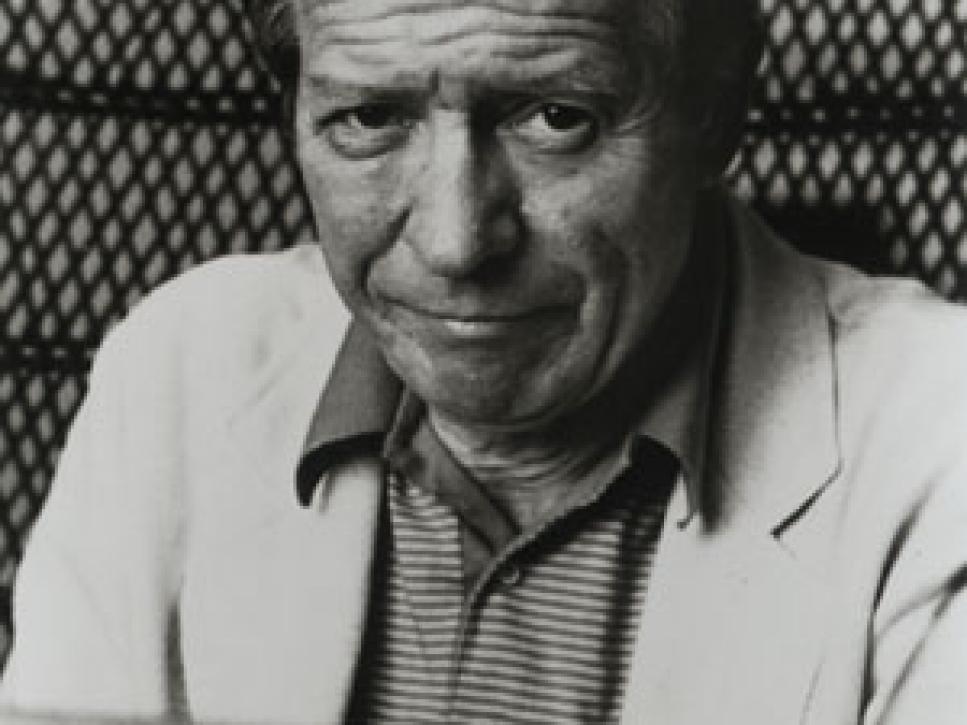News
Remembering Charles Price, one of Golf Digest's indelible voices
One of the forgotten talents who graced our pages for many years was the incomparable Charles Price. He dabbled in architecture and music criticism for magazines such as Newsweek and Cosmopolitan, but Price made his name in golf writing.

He wrote for a fledgling Golf World, was the founding editor of Golf Magazine, and in the early 1980s came to Golf Digest where he authored a monthly column that was the closest thing to literature in sportswriting at the time. He was part of what I still think of as the Golden Age of Golf Writing in our pages, accompanied by Peter Dobereiner, Dan Jenkins, Peter Andrews and occasionally Herb Wind and Alistair Cooke. Many other great writers still with us began contributing to Golf Digest back then, too.
Charley died exactly 20 years ago Wednesday at the end of a long battle with cancer. Recently Golf Digest Senior Writer Guy Yocom reminded me of a letter Charley faxed to our offices on Feb. 1, 1993, just about a year before his death. It's accompanied by some notes on what he considered the elements of good writing, a few of which are excerpted here:
The reader: Write as though your reader is an ignorant genius. He doesn't know anything, but he's capable of understanding everything. In other words, never write down to him, never labor a point. He may have spent all his life in Moosejaw, Alaska. But he could still have an I.Q. way beyond your own.>
Clarity: Write everything as though it will make sense 50 years from now. That's not the same as saying your prose should seem deathless. Some of O.B. Keeler's accounts of Bobby Jones winning a championship read as though they happened yesterday. Putting the situation another way, don't write as though you are "hip." How people popularly put things things today may already be on the way out. In 1956 the most popular lyric in America was "Some enchanted evening." Six months later it was "You ain't nothing but a hound dog.">
Logical construction: Everything must have a beginning, a middle, and an end. In writing they must interconnect, like the three rings of logic. The first ring is your proposition: what the hell is this piece all about? The second ring contains the proof of the proposition. The third ring draws a conclusion from the proof. The trick, though, is to make the third ring interconnect with the first somehow. Thus the reader is reminded of whatever it was you were trying to prove.>
Increasing your vocabulary: Everybody has three vocabularies: The largest is the one you read with. You can gather the sense of an unfamiliar word from its context. Next is the one you write with. It permits you the luxury of second thoughts. The smallest is the one you speak with. Since nobody likes to put his foot in his mouth, you only use words that are second nature. Consequently, the only way to improve all your vocabularies is by reading. The others follow.>
Reading: Read what you ought to read, not just what you want to. Three hours a day is an absolute minimum. Any writer who can't find those three hours is in the wrong business.>